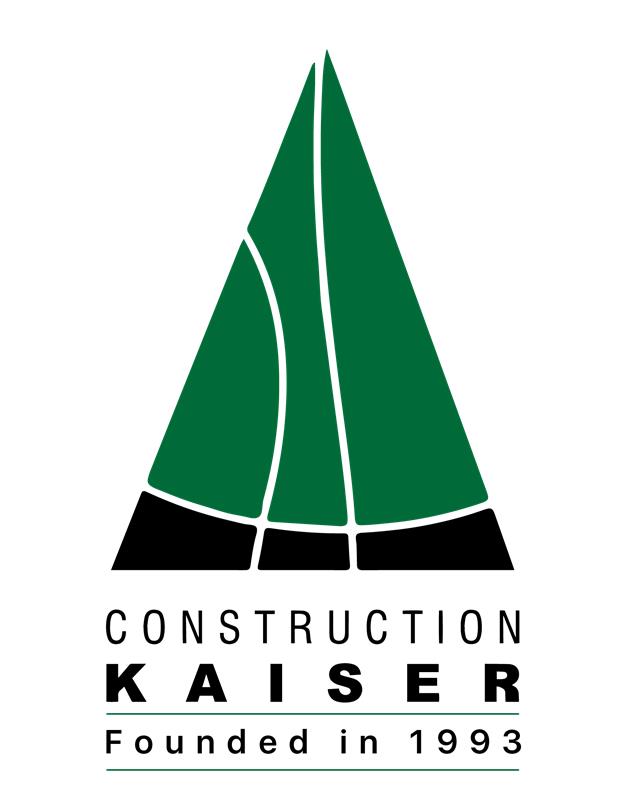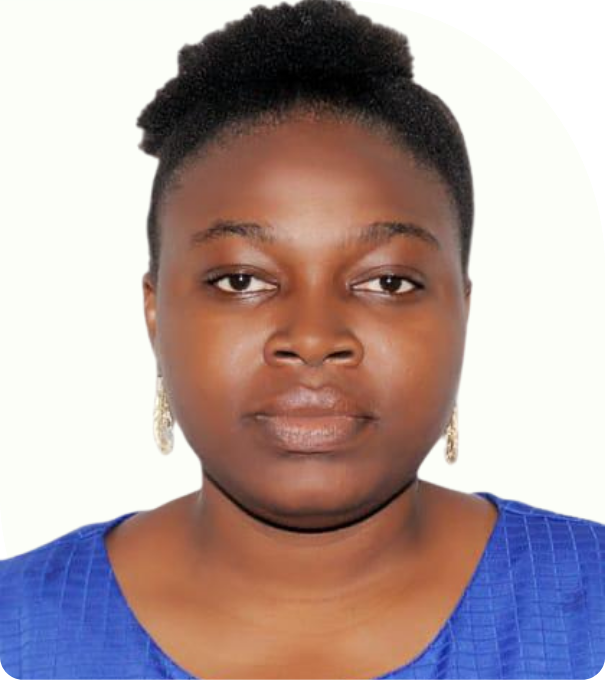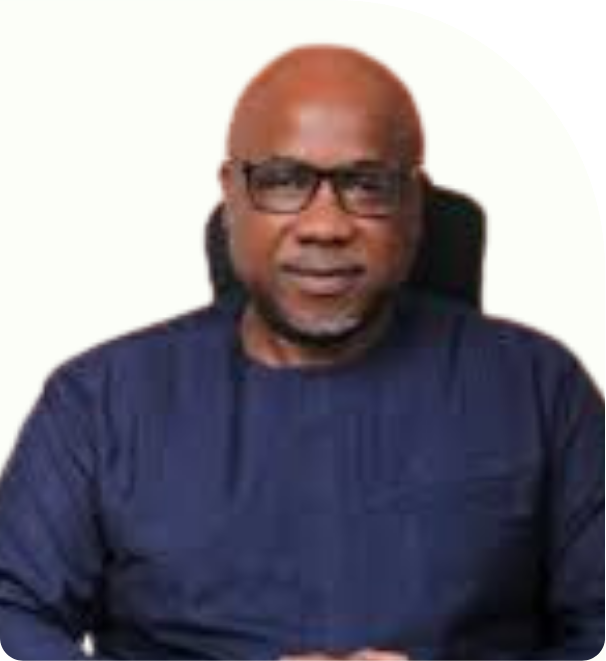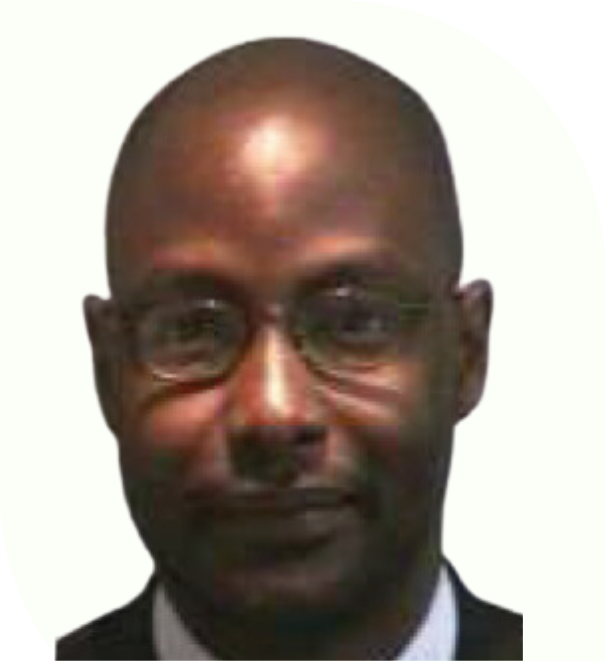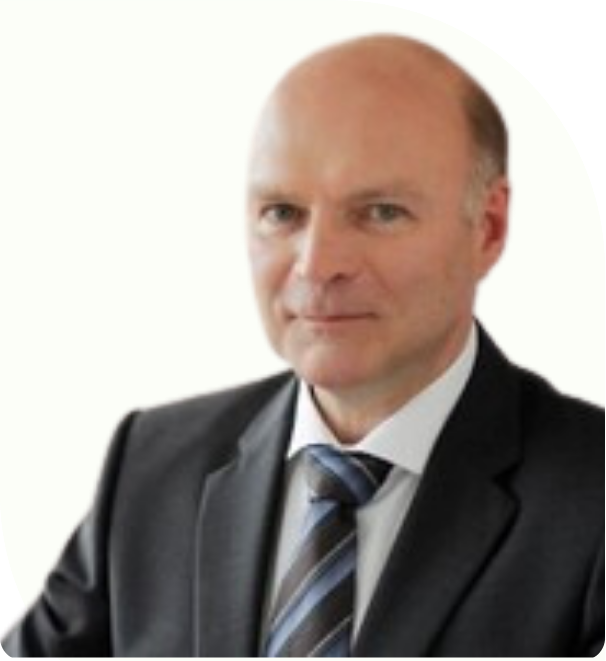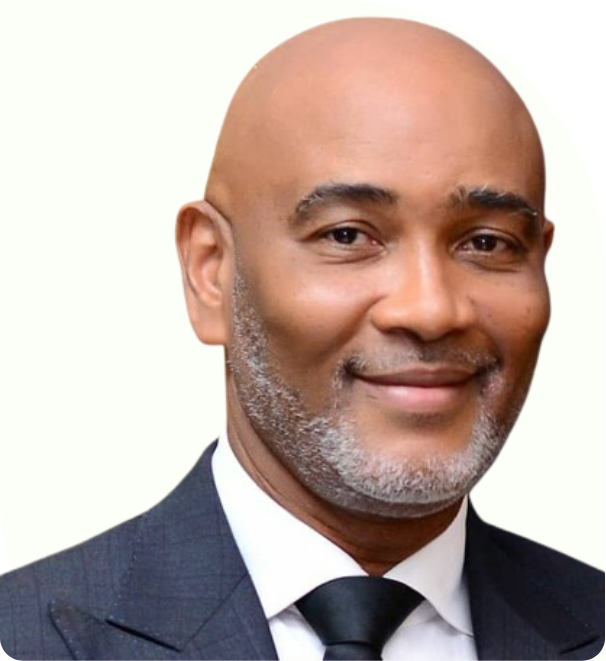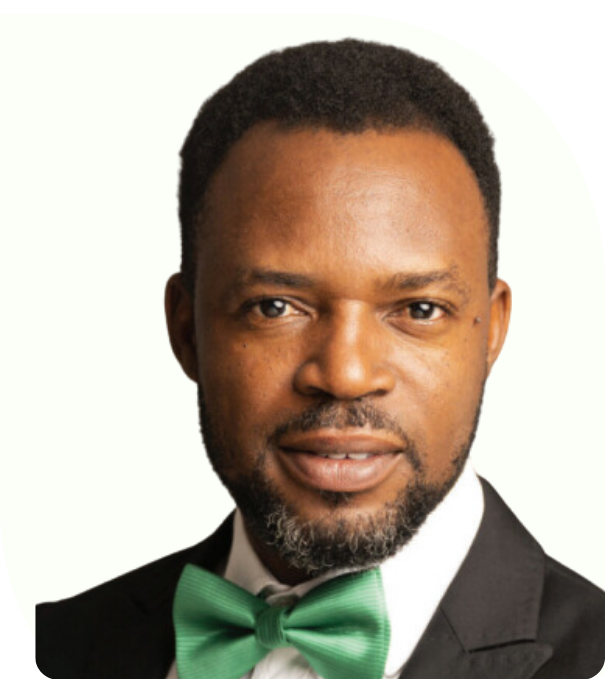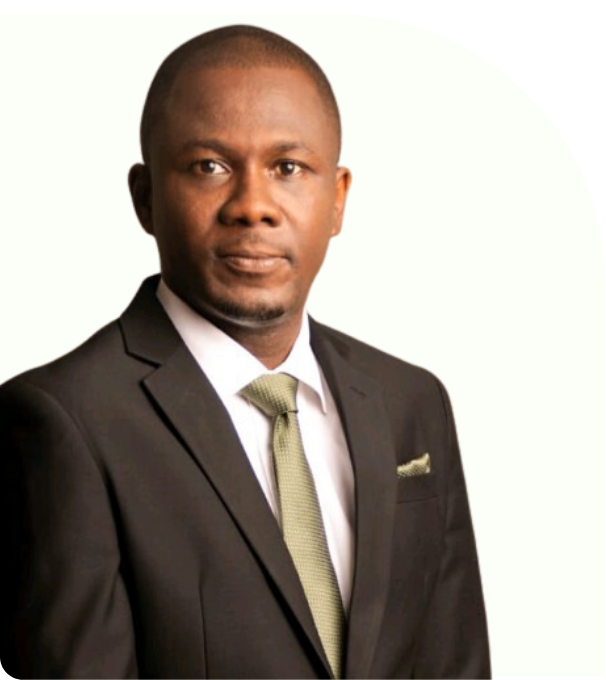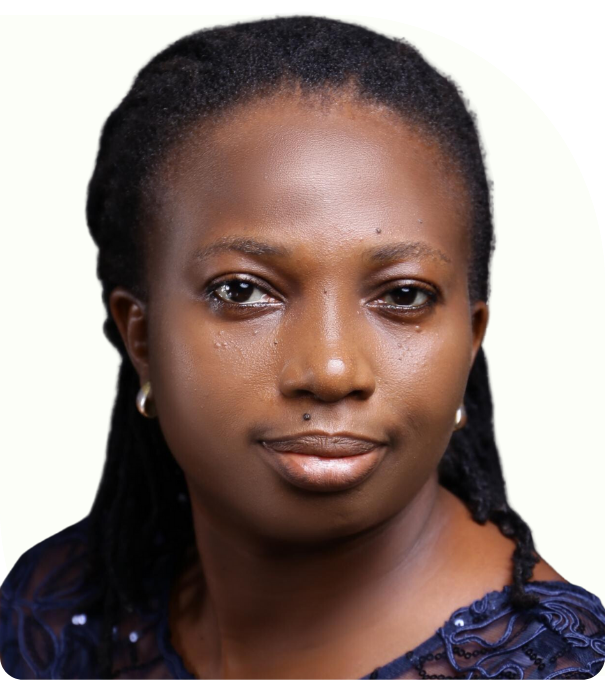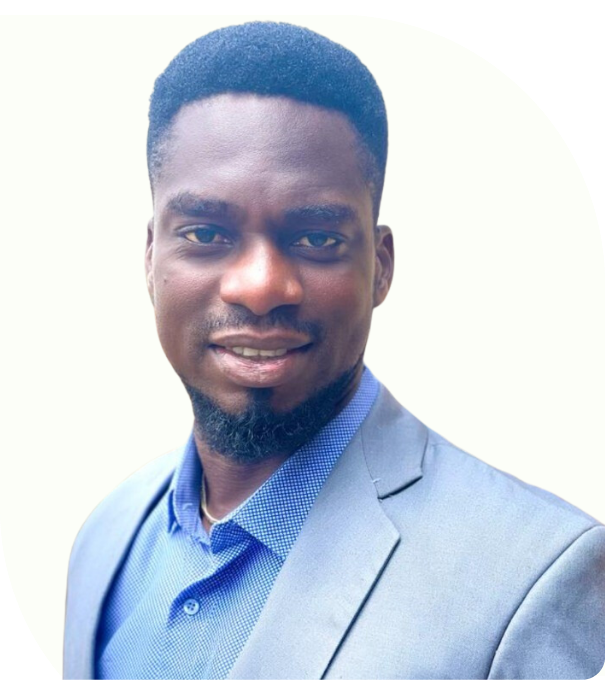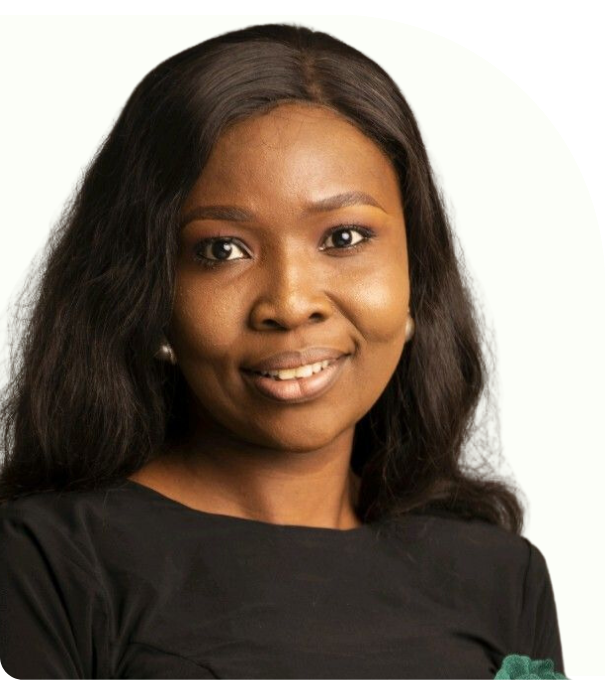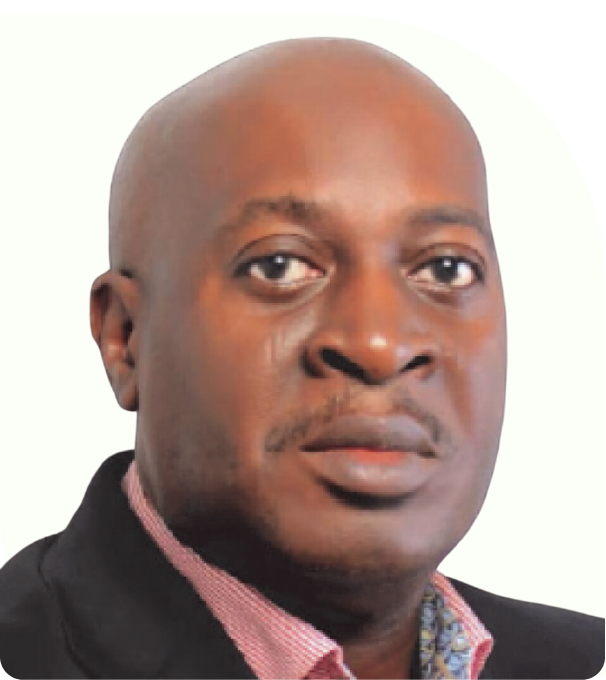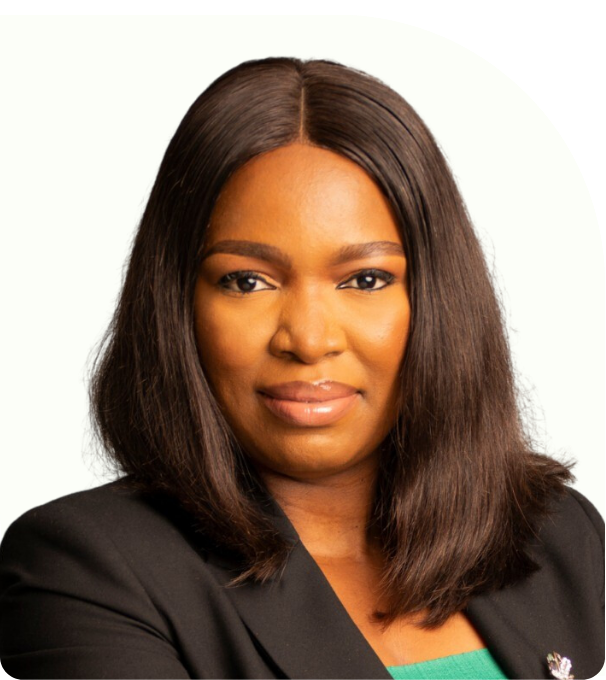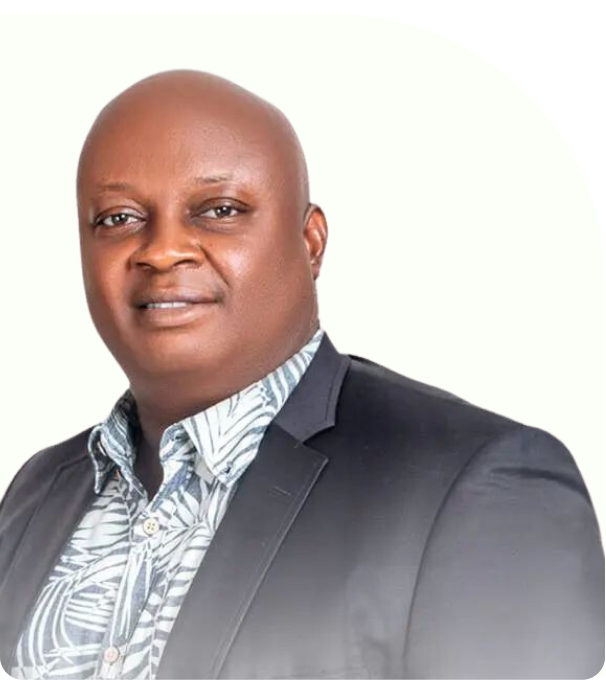The Kaiser Way: Effective Practices for Developing Sustainable Infrastructure in the Nigerian Agro- Processing Sector

The Nigerian agricultural sector is a crucial pillar of the economy, contributing significantly to the country’s GDP and providing livelihoods for millions. According to PWC Nigeria, agriculture remains the largest employment sector in 2024, accounting for over 36% of the labor force. However, despite its vast potential, Nigeria’s agricultural sector faces significant challenges, including low productivity, inadequate infrastructure, and limited access to modern agricultural inputs. With a population of over 200 million, the country struggles to meet its growing food demands, widening the demand-supply gap.
Agro-processing is a critical component of Nigeria’s agricultural value chain, encompassing input supply, production, distribution, markets, consumption, regulatory frameworks, and service providers. However, this value chain remains underdeveloped, with infrastructure gaps hindering its full potential. Addressing these challenges requires sustainable infrastructure that can enhance productivity, reduce environmental harm, and create economic opportunities.
One landmark project that exemplifies the power of sustainable agro-processing infrastructure is the Pandagric Novum facility. Delivered by Construction Kaiser Limited (CKL) and M&E Kaiser Limited, this project stands as a testament to innovation, sustainability, and quality-driven execution. This article explores key lessons from the project that can guide future agro-processing developments in Nigeria.
The Importance of Sustainable Agro-Processing Infrastructure
Investing in sustainable agro-processing infrastructure is critical to achieving food security, economic growth, and environmental conservation. Key benefits include:
- Boosting Agricultural Productivity: Modern processing infrastructure reduces post-harvest losses and increases efficiency.
- Enhancing Export Potential: Improved processing methods ensure higher product quality, making Nigerian agricultural goods more competitive in global markets.
- Increasing Farmer Income: Reliable infrastructure ensures fair pricing by reducing spoilage and post-harvest losses.
- Job Creation: Agro-processing infrastructure stimulates employment, especially in rural communities.
Pandagric Novum: A Model of Sustainable Agro-Processing
Pandagric Novum was established through a joint venture between the Nigeria Sovereign Investment Authority (NSIA) and Signature Agri Investments. This state-of-the-art feed mill facility aims to enhance Nigeria’s self-sufficiency in producing high-quality animal feed. Central to Pandagric Novum’s mission is the improvement of control over feed mill inputs, ensuring the availability of top-quality animal feed products across Nigeria. The venture acknowledges its crucial role in promoting sustainable development.
Pandagric Novum is not just a feed mill; it significantly contributes to environmental preservation and socio-economic development. In addition to its role in agricultural value addition, Pandagric Novum is a leader in sustainability-driven agribusiness.
Key Sustainable Initiatives at Pandagric Novum Project:
- Biodiversity Conservation: The project integrates sustainable farming practices and operates a reforestation program.
- Water Stewardship: Pandagric optimizes irrigation systems and provides potable water solutions to communities, addressing water-borne disease challenges.
- Gender Inclusion: Dedicated programs support women in smallholder farming and beekeeping, fostering economic empowerment.
- Economic Development: Smallholder farmer collaborations and skills transfer initiatives promote local industry growth.
The Kaiser Way: Core Principles Driving Success
Construction Kaiser Limited (CKL) and M&E Kaiser Limited played a pivotal role in the successful execution of the Pandagric Novum project by adhering to four core principles: Professionalism, Integrity, Customer Focus, and Quality. These principles ensured that the facility met global standards while addressing specific client needs.
- Prioritizing Sustainability in Design and Construction
Kaiser embedded sustainability in every phase of the Pandagric Novum project by:
- Integrating energy-efficient design principles such as optimal building orientation for natural ventilation.
- Utilizing sustainable construction materials and waste reduction strategies.
- Ensuring durability and long-term functionality through eco-friendly practices.
- Overcoming Location Challenges with Strategic Planning
Executing a large-scale project in a remote location presented logistical challenges. CKL and MEK mitigated these through:
- Robust logistics and supply chain management to ensure timely material delivery.
- Utilizing local resources and labor to reduce costs and enhance community engagement.
- Unwavering Commitment to Quality Control
Quality assurance was fundamental to CKL’s approach:
- A stringent material approval process ensured that only high-standard materials were used.
- Dedicated QA/QC officers conducted frequent inspections and compliance checks.
- Implementing Innovative Engineering Solutions
CKL employed advanced engineering techniques to enhance efficiency and safety, including:
- Structural and architectural designs for durability and sustainability.
- Digital collaboration platforms to streamline project coordination and execution.
Key Takeaways for Future Agro-Processing Projects
The lessons from Pandagric Novum can serve as a blueprint for future agro-processing infrastructure developments:
- Early Stakeholder Engagement: Continuous collaboration between engineers, clients, regulatory bodies and the community is critical for smooth execution.
- Value Engineering: Prioritizing cost-effective yet high-performance materials optimize resource allocation.
- Timely Delivery: Proactive planning and efficient execution mitigate delays.
- Sustainable Infrastructure Investment: Green technologies enhance productivity while reducing environmental harm.
- Farmer and Community Empowerment: Reliable processing infrastructure ensures stable pricing and reduced post-harvest losses and also empowers locals job creation
- Global Competitiveness: High-quality processing facilities enhance the export potential for Nigerian agro-products.
Recommendations for Building Sustainable Agro-Processing Infrastructure
Based on Kaiser’s experience, the following strategies are essential for developing impactful agro-processing infrastructure in Nigeria:
- Adopt Eco-Friendly Construction Techniques: Minimize environmental degradation through sustainable building materials and practices.
- Leverage Technology: Utilize digital project management tools for efficiency and quality assurance.
- Engage Local Capacity: Empower indigenous professionals and artisans to enhance skill transfer and economic growth.
- Implement Detailed Project Planning: Anticipate and mitigate risks effectively through thorough project design.
- Advance Sustainability Skills and Certifications: Prioritizing sustainability certifications such as EDGE (where CKL has proven expertise), LEED, and BREEAM is essential for driving
- Sustainable Agro-Processing Infrastructure in Nigeria: Certifications such as EDGE, LEED, and BREEAM play a vital role in advancing sustainability by improving material efficiency and environmental responsibility. Beyond these benefits, they also enhance an organization’s credibility, positioning it as a leader in delivering sustainability-driven projects.
Conclusion
The success of Pandagric Novum underscores Kasier’s expertise in delivering high-impact, sustainable infrastructure for agro-processing. Learning from The Kaiser Way, future projects can replicate best practices while adapting to the local context and contributing to Nigeria’s agricultural and economic development. With a commitment to sustainability, quality, and innovation, the Kaiser entity continues to set the standard for building resilient infrastructure in Nigeria’s agro-processing sector.
